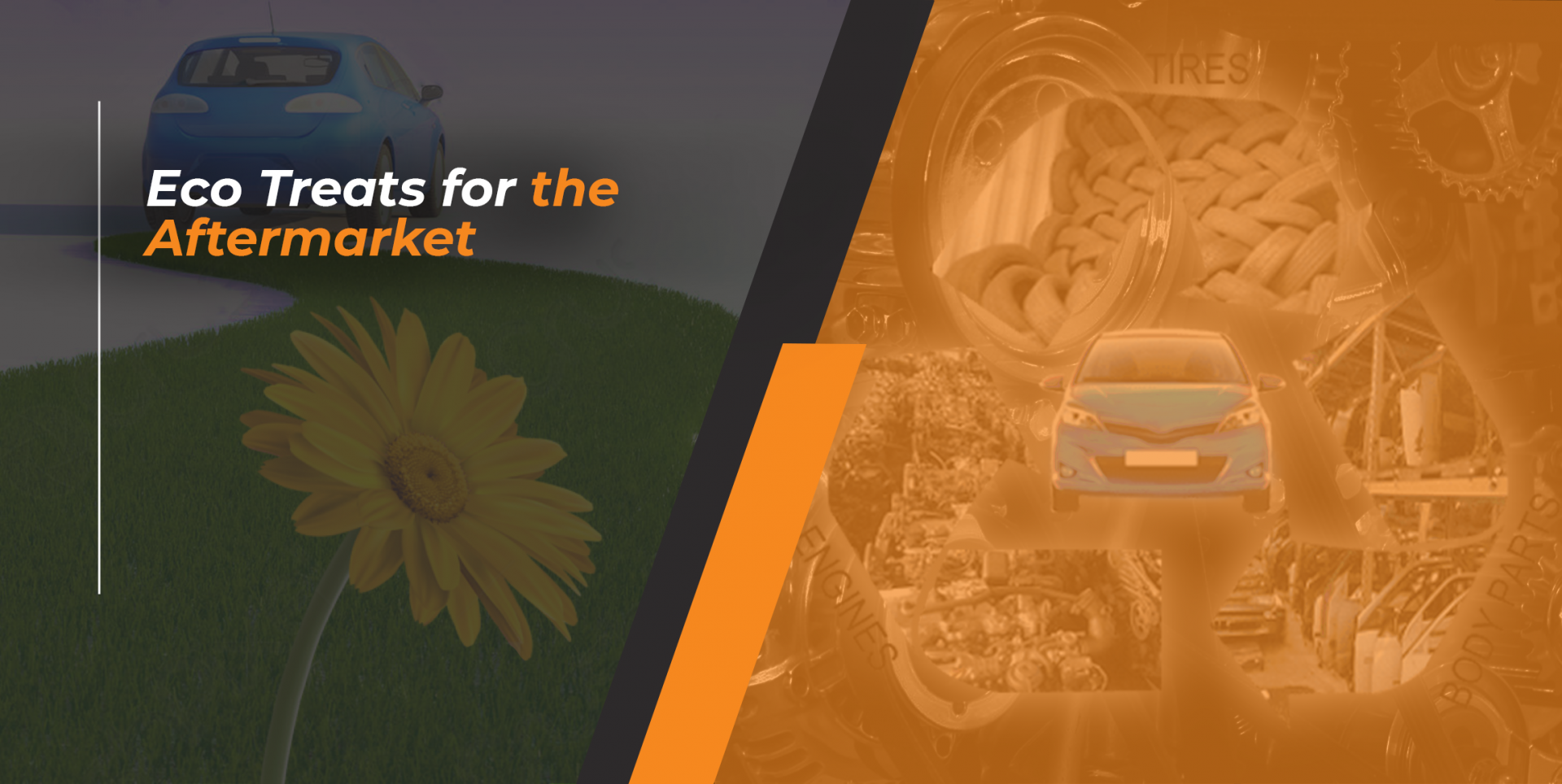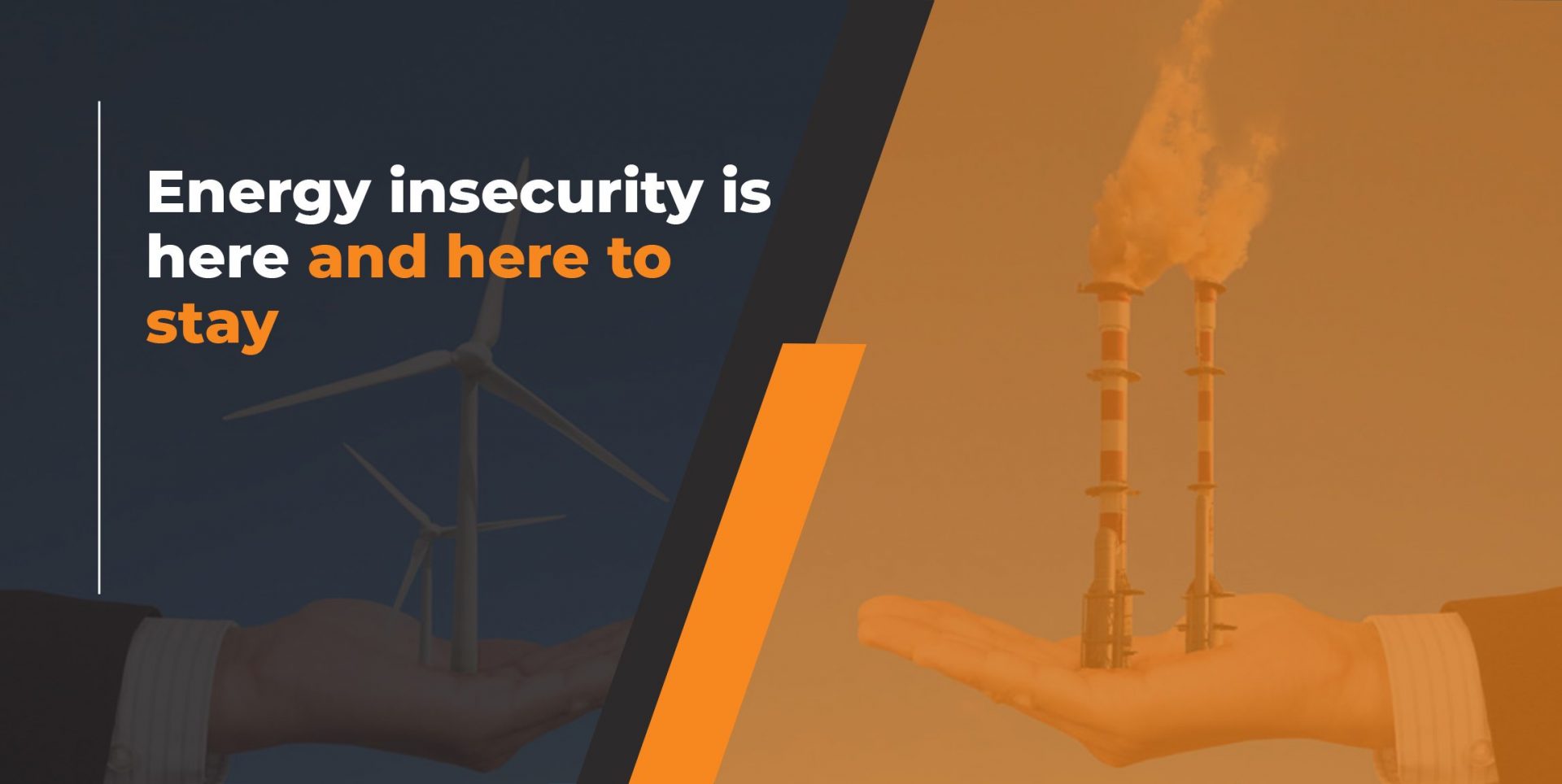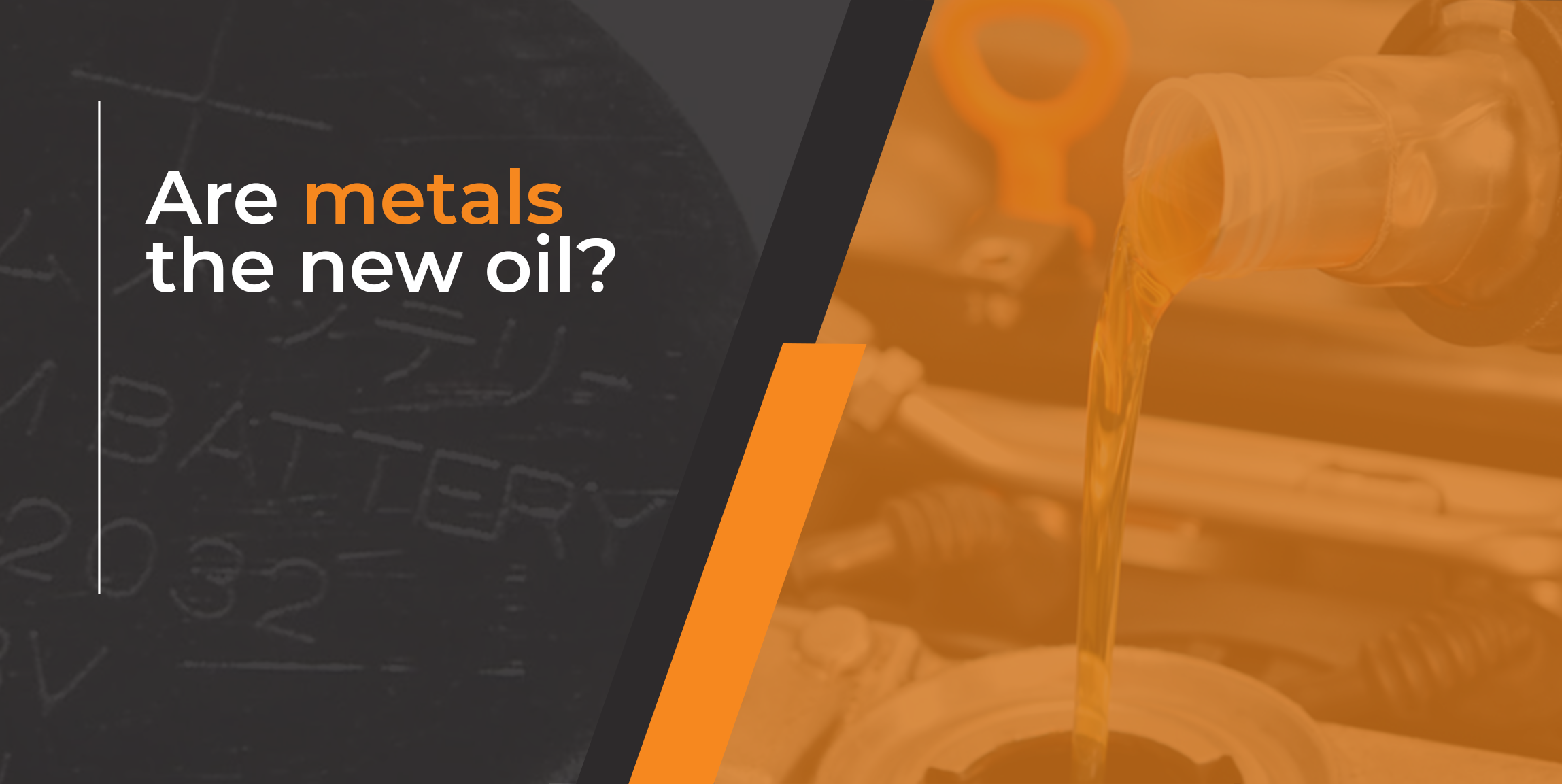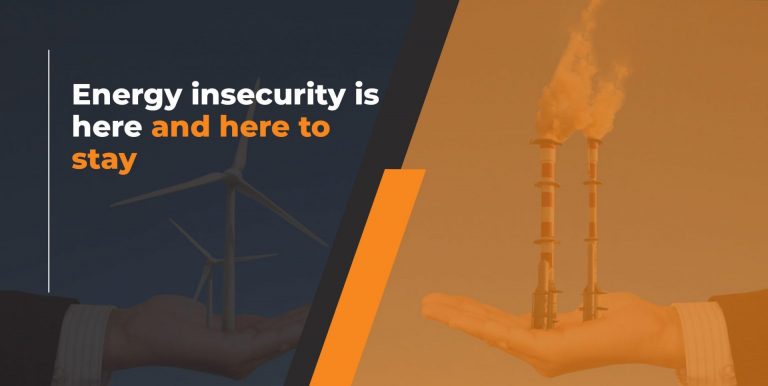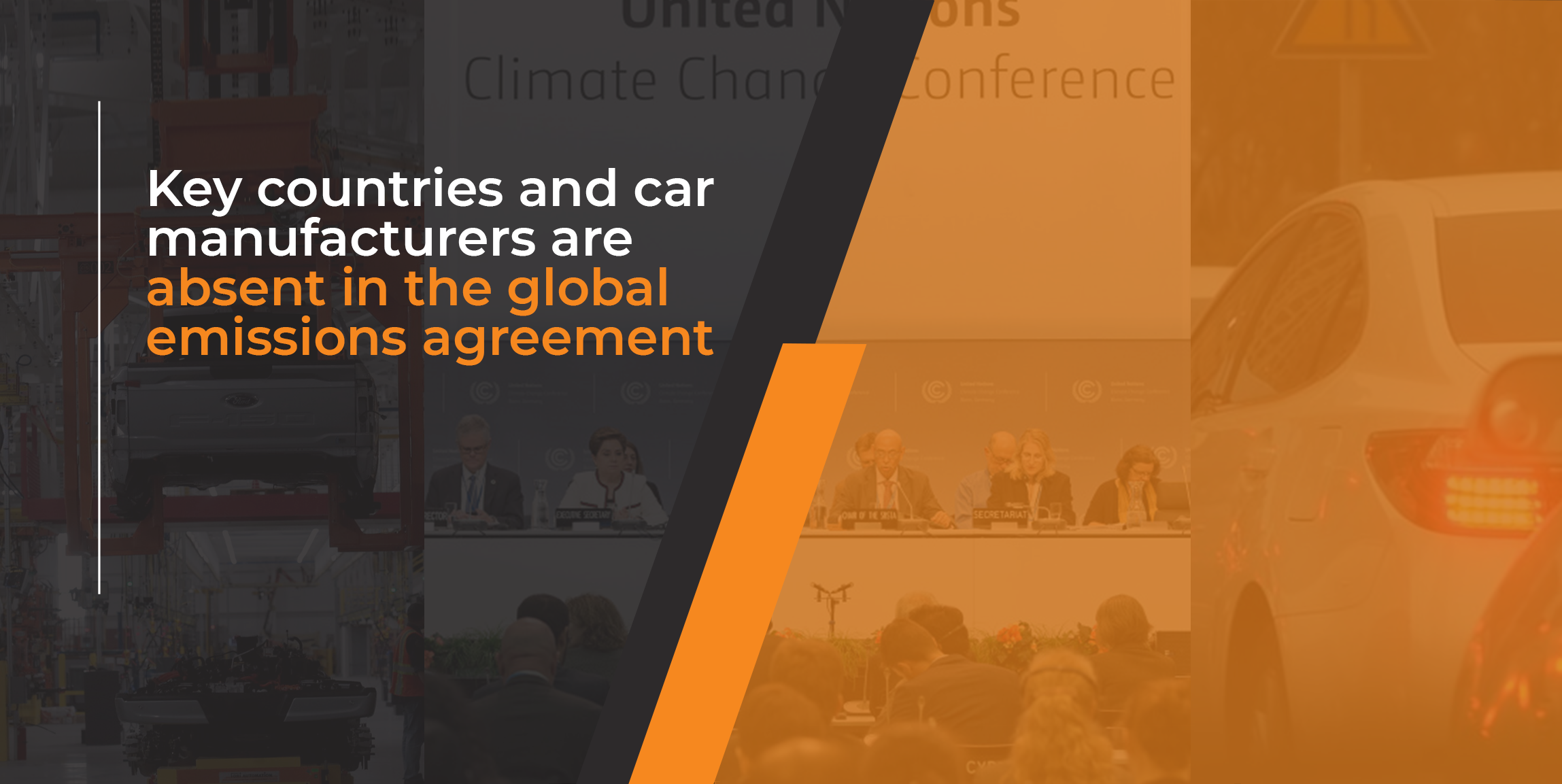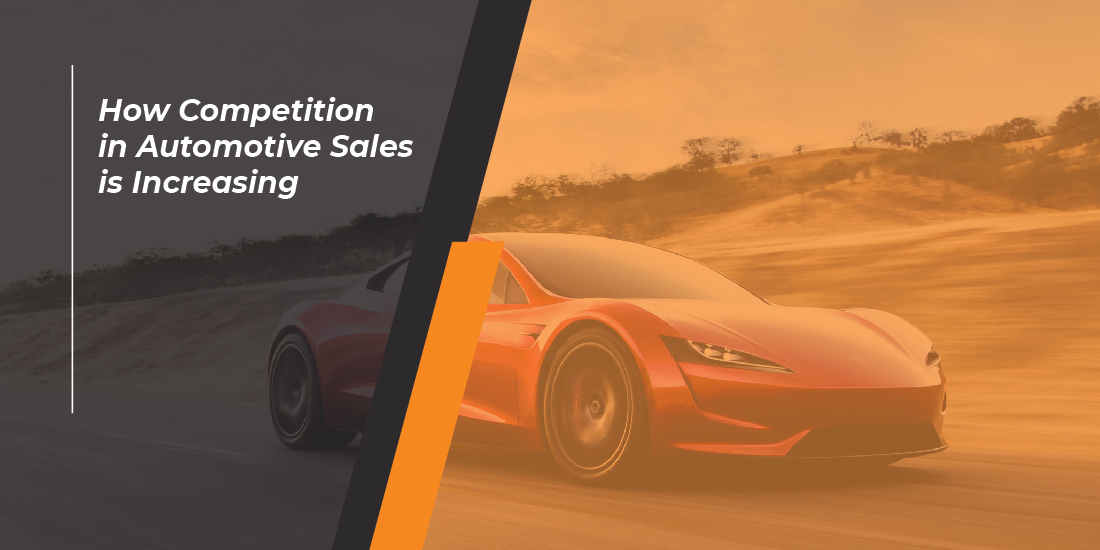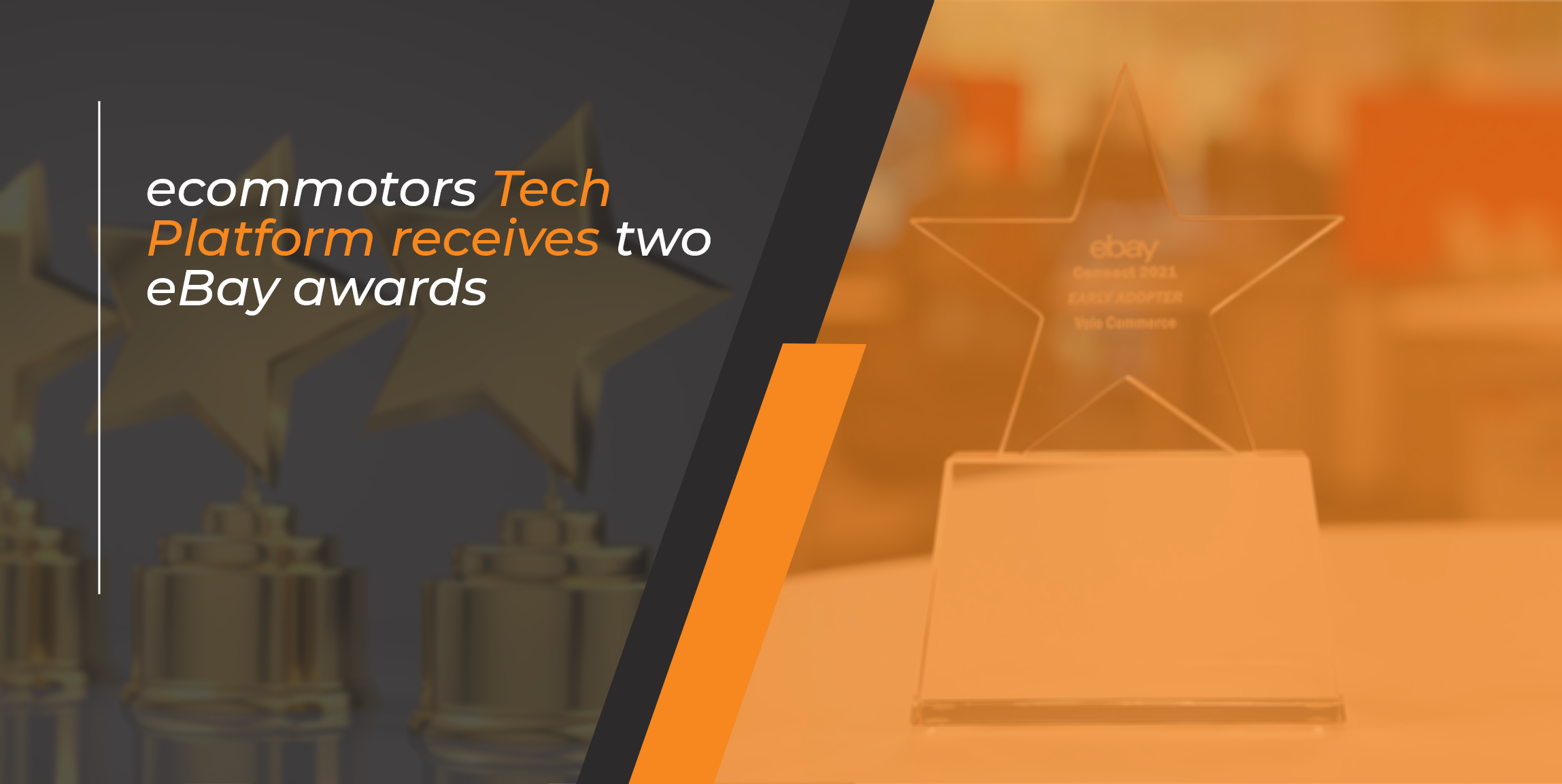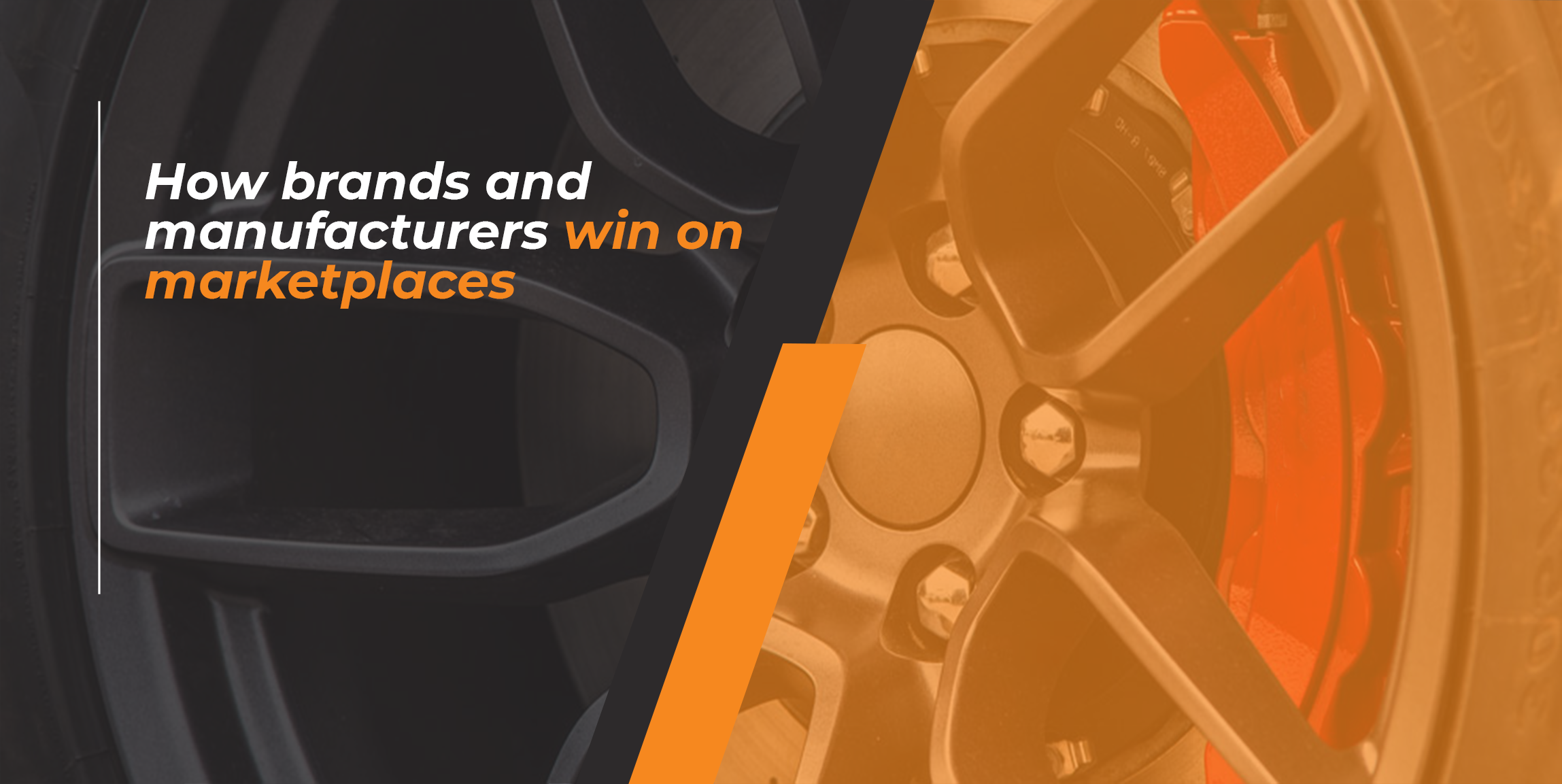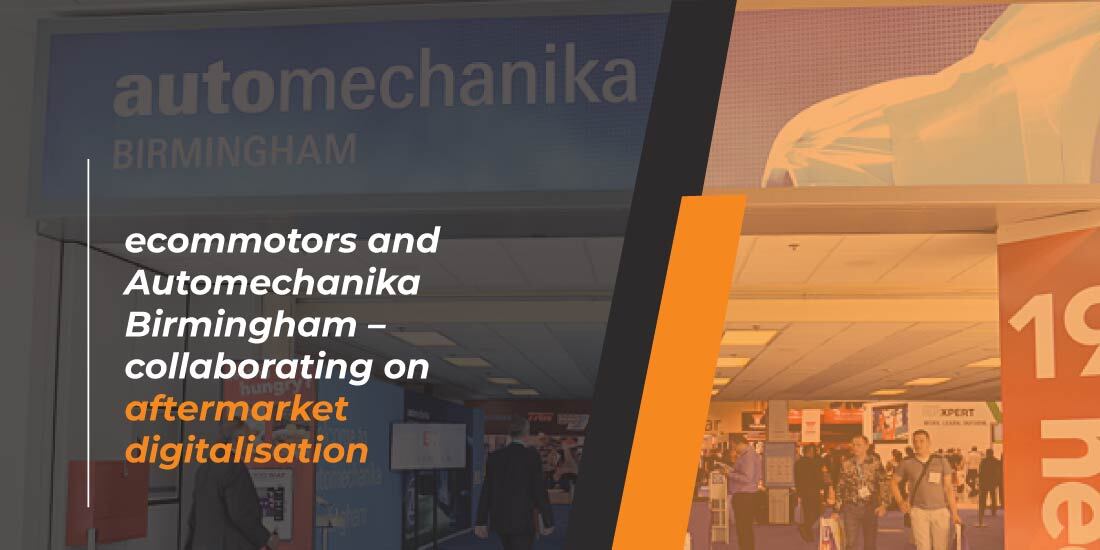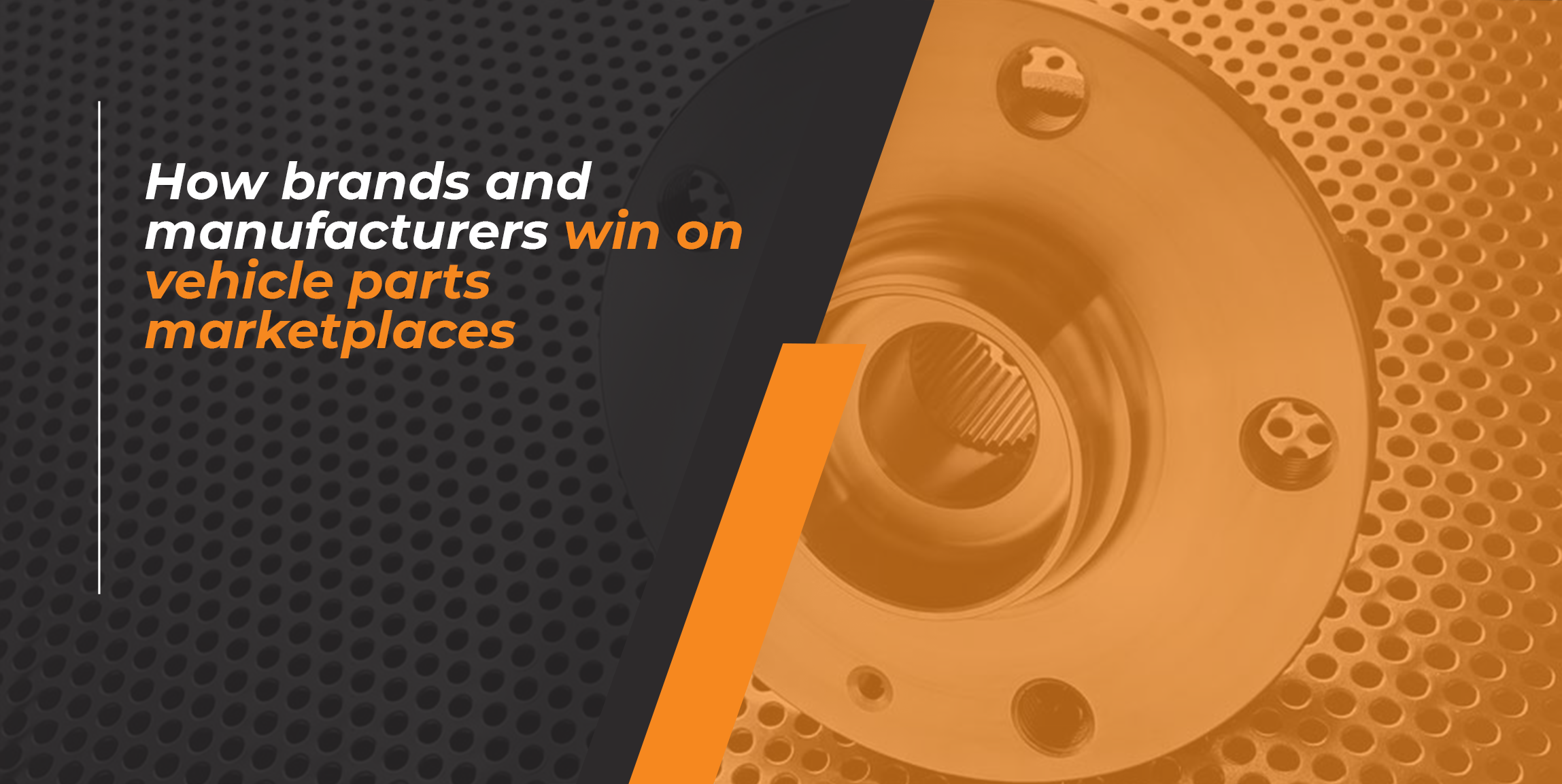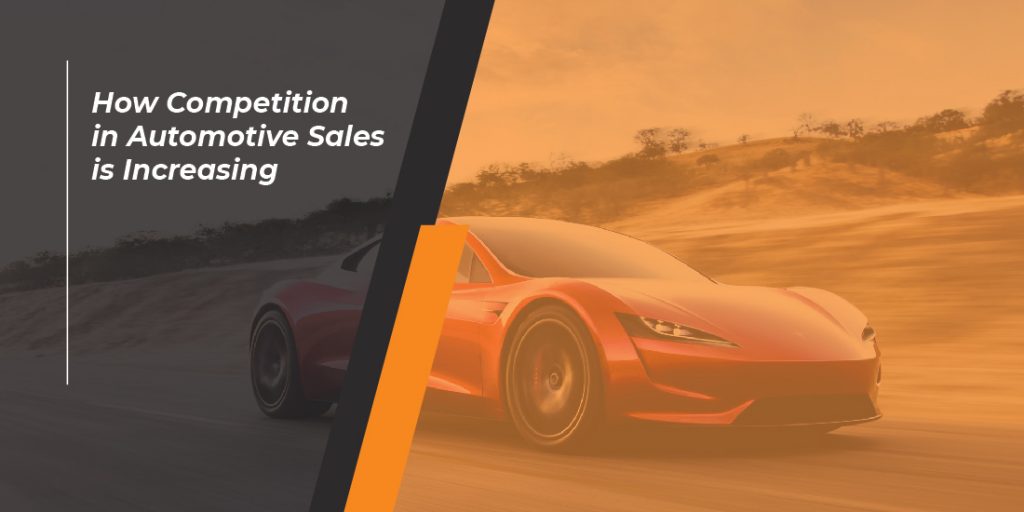
The entry of technology giants like Apple, Samsung, and Sony with huge amounts of funds into the Automotive industry has brought unprecedented challenges.
In the modern world of business, growth and ideas are of critical importance and a failure to grow can lead to more than just negative results. Even a long-time stock market fixture like General Motors is judged on its quarterly growth rates.
NXP CEO Kurt Severs told German media late last year that he had seen a sudden increase in orders from car customers, causing supply difficulties. “With a lead time of six to nine months, the industry is failing to respond quickly enough to the unexpected growth in demand from the automotive sector,” the company added. Renault, Daimler, and General Motors are also among the companies struggling with the emerging shortage.
And while established automotive companies are dealing with the increased demand and shortage of supplies, they are already at a disadvantage in the field of software research and development. They sometimes need the support of technology companies who have their own plans to tap into Automotive growth.
Once Tesla’s CEO Elon Musk said: “Tesla’s biggest competitor is not Google, but Apple” and long before that Steve Jobs said, “Those who really take software seriously should make their own hardware.” According to a survey by the Cheyun Research Institute in March 2020, 84% of consumers are willing to pay an additional $80 – $500 per year for automotive digital value-added services.
And following Tesla’s and Jobs’ logic, when Apple officially announced their plans to enter the automotive industry in December 2020, CEOs of traditional car manufacturers didn’t stay silent. The CEO of Volkswagen Herbert Diess, for example, asserted that “the classic manufacturers need to wake up because many new players will be entering the market with new approaches to car design and usage design”.
Apple plans to release a vehicle in three to six years and has been in discussions with potential manufacturing partners like Hyundai to produce the vehicles. Plans to ideally ink a deal by March this year with an aim to start production in 2024 are pushing Apple to work with outside partners for car components, such as LiDAR sensors. Apple’s interest dates back to the original iPhone, and Apple executives discussed building a car before the device launched. Steve Jobs considered developing an Apple car and even met with the manufacturer of the lightweight, inexpensive “V-Vehicle” in 2010.
“We’re actively working to expand our automobile partnerships with the goal of offering our features across a wide variety of car makes and models,” Samsung says in a statement after announcing their new partnerships with Audi, BMW, Ford, and Genesis. Renault Samsung Motors has a technical centre located at Giheung near Seoul, and it is one of its largest research and development facilities. The new SUV coupé when on sale in Russia proved to be a model of international stature and the company shared that 1,400 pre-orders for the vehicle (almost a quarter of the total) were placed online.
Almost a year ago, the Sony Vision-S concept was introduced as the vision of the Japanese electronics giant for a modern electric car, with testing already taking place in the Austrian mountains. It’s no coincidence that the headquarters and facilities of Magna Steyr (one of the largest suppliers to the automotive industry and whose factories supply brand models like the BMW 5 Series, Mercedes G-Class, Jaguar I-Pace, Toyota Supra, and others ) are also located there. And no matter what happens, we are witnessing another attempt by a technology company to enter the automotive industry.
To learn how to accelerate your aftermarket presence, or for a no-obligation introductory discussion, please contact us.
To read about How the aftermarket is feeling the Impact of the Lockdown and Is it positive, click here.







